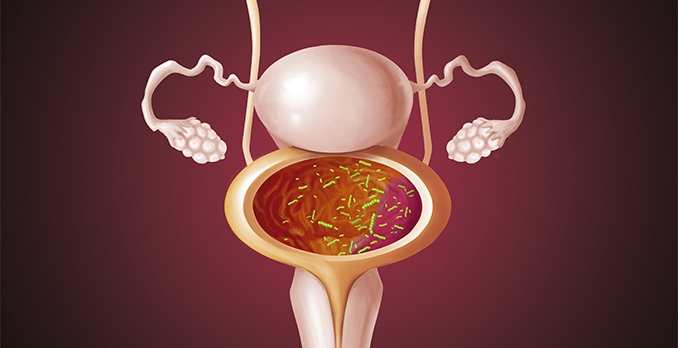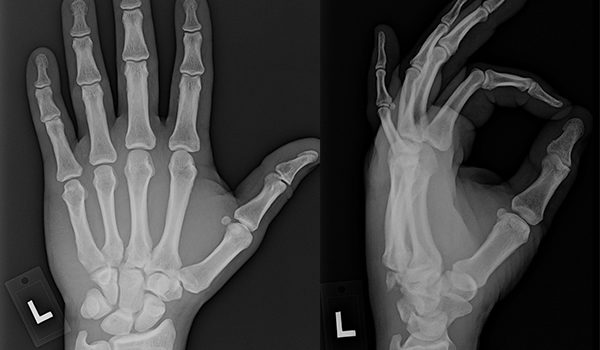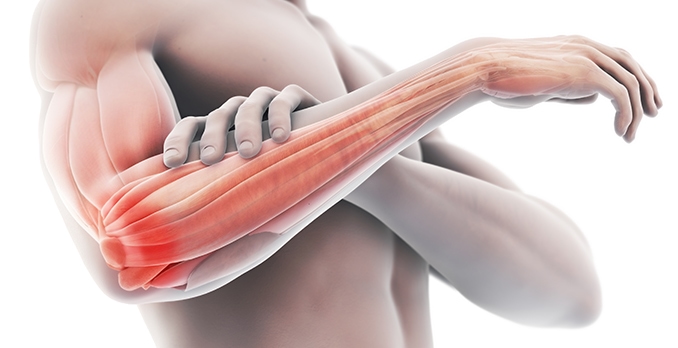Generic medication appearance Key point: When providing generic prescriptions, warn patients about generic medication colors and shapes. Citation: Kesselheim AS, Bykov K, Avorn J, et al. Burden of changes in pill appearance for patients receiving generic cardiovascular medications after myocardial infarction: Cohort and nested case–control studies. Ann Intern Med. 2014; 161:96-103. Researchers in this study attempted to determine if changes in color or shape of a generic drug led to discontinuation of that drug. Patients …
Read MoreDeveloping Data: November, 2014
These data from the 2012 Urgent Care Industry Benchmarking Study are based on a sample of 1,732 urgent care centers; 95.2% of the respondents were UCA members. Among other criteria, the study was limited to centers that have a licensed provider onsite at all times; have two or more exam rooms; typically are open 7 days/week, 4 hours/day, at least 3,000 hours/year; and treat patients of all ages (unless specifically a pediatric urgent care). In …
Read MoreWorkers’ Compensation Visits, Cerumen Removal
Q. I have a question on coding Workers’ Compensation claims. I work in a hospital system and hospital coders oversee our charts. I feel they under code for the work we do. They are afraid of audits and refusal to pay. Typically, they will return the chart so that I can document my time and then they will charge for the time spent instead of the documentation. I’m told there are no “bullet points” or …
Read More
Antibiotic Management of Acute Uncomplicated Cystitis and Pyelonephritis in Women
Urgent message: Proper empiric antibiotic treatment in women with acute uncomplicated cystitis and pyelonephritis can prevent unnecessary morbidity and provide urgent relief from these common genitourinary infections. MOZELLA WILLIAMS, MD Genitourinary infections in women are encountered frequently in the urgent care setting. Timely diagnosis and proper empiric antibiotic treatment will usually forestall serious complications and provide speedy relief. Over a lifetime, 50% of women will experience an acute uncomplicated cystitis, also known as a lower …
Read More
Man with bruised hand
These x-rays were taken on a 47-year-old male who presented to an urgent care clinic 3 days after punching a wall. He had pain, massive swelling, and bruising at the base of the 3rd, 4th and 5th metacarpals of the right hand. View the images taken (Figure 1) and consider what your diagnosis would be.
Read MoreClinical Challenge 2: October 2014
The Case This x-ray was taken on a young basketball player with foot pain and no specific injury. View the image taken (Figure 1) and consider what your diagnosis would be.
Read MoreThe Power of Innocence in Medicine
Lee A. Resnick, MD, FAAFP Medicine, from time to time, calls for reflection. The hangover from arduous shifts, the mind-numbing regulatory “whack-a-mole,” the technology treadmill and the career second-guessing, all contribute to an epidemic of lost perspective in our profession. In an effort to manage an avalanche of competing interests, physicians often sacrifice themselves to the point of burnout and self-destructive behavior. Without perspective, these burdens soon overwhelm even the hardiest among us. We become …
Read More
An Urgent Care Approach to Joint and Soft-Tissue Injection/ Aspiration: Part 2
Urgent message: Injection/aspiration therapy for selected musculoskeletal complaints is becoming more common in urgent care practice. Part 2 of this series offers step-by-step guidance on treatment of conditions from “tennis elbow” to bursitis and cysts. THOMAS V. GOCKE, III, MS, ATC, PA-C, DFAAPA The focus of Part 1 of this series, in the September issue of JUCM, was on understanding the inflammatory response, use of corticosteroids and anesthetic agents (Table 1), pre- and post-aspiration/injection considerations, …
Read MoreClinical Challenge: October, 2014
The Case This patient presented with a wrist injury. View the images taken (Figure 1) and consider what your diagnosis would be.
Read MoreNew CMS Modifiers, Urgent Care Codes, Supply Codes
Q. What will be the impact of use of the new HCPCS modifiers related to modifier -59 beginning January 1, 2015? A. CMS recently announced the creation of four new HCPCS modifiers that will further refine modifier -59, “Distinct procedural service.” According to CMS, modifier -59 is the most widely used modifier, and it is being used inappropriately in most cases. Adding modifier -59 indicates that a code represents a service that is separate and …
Read More